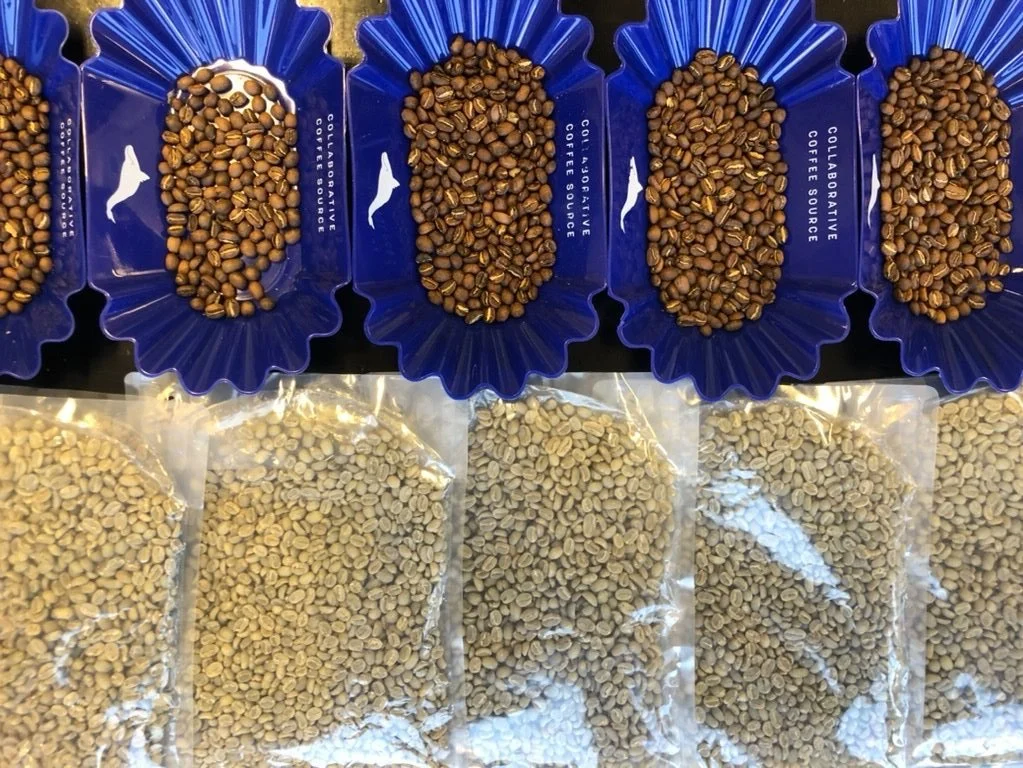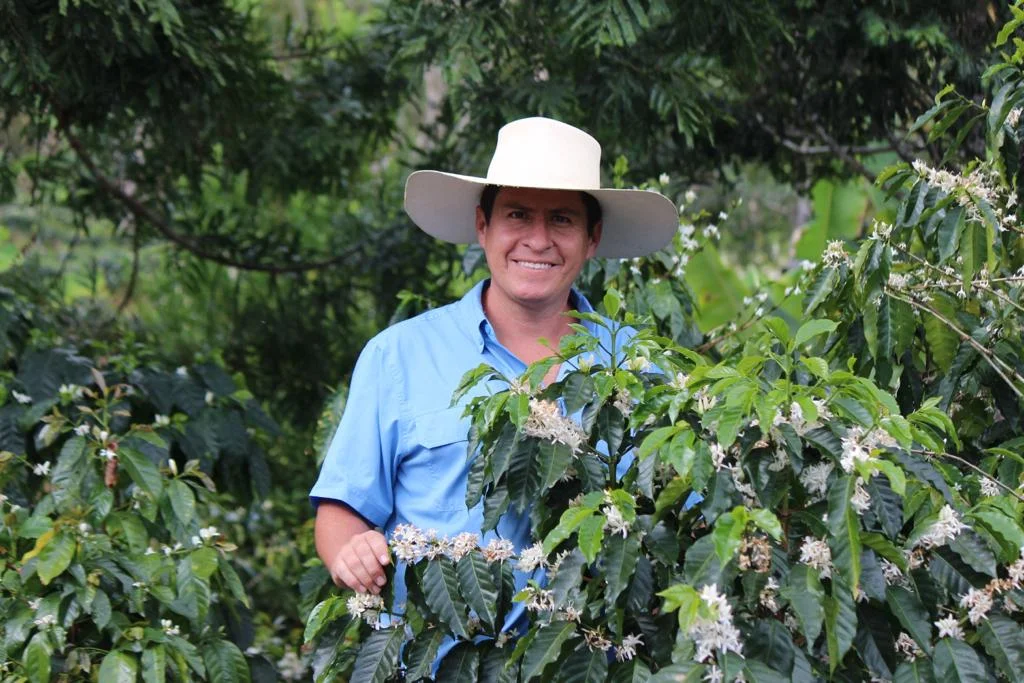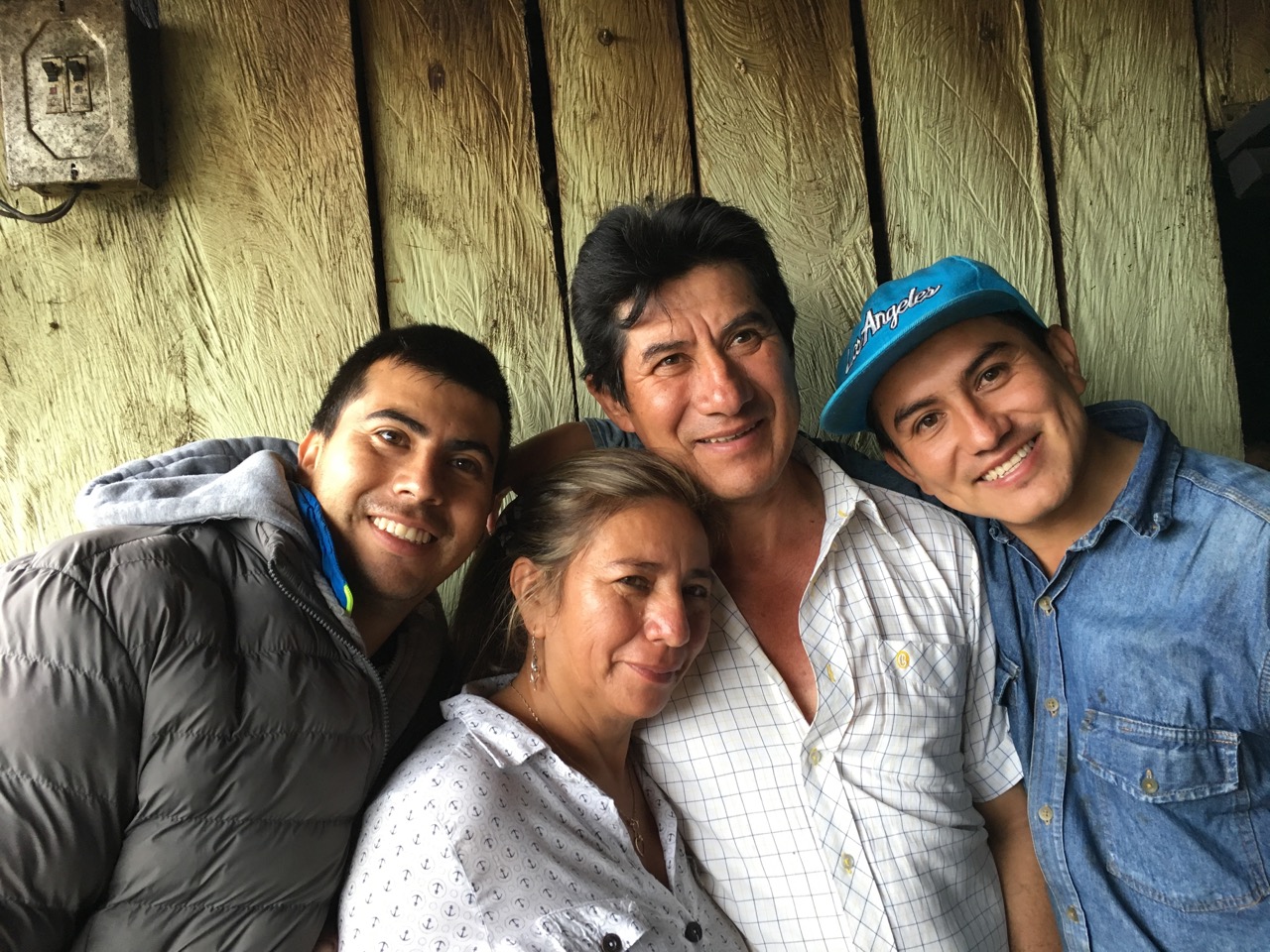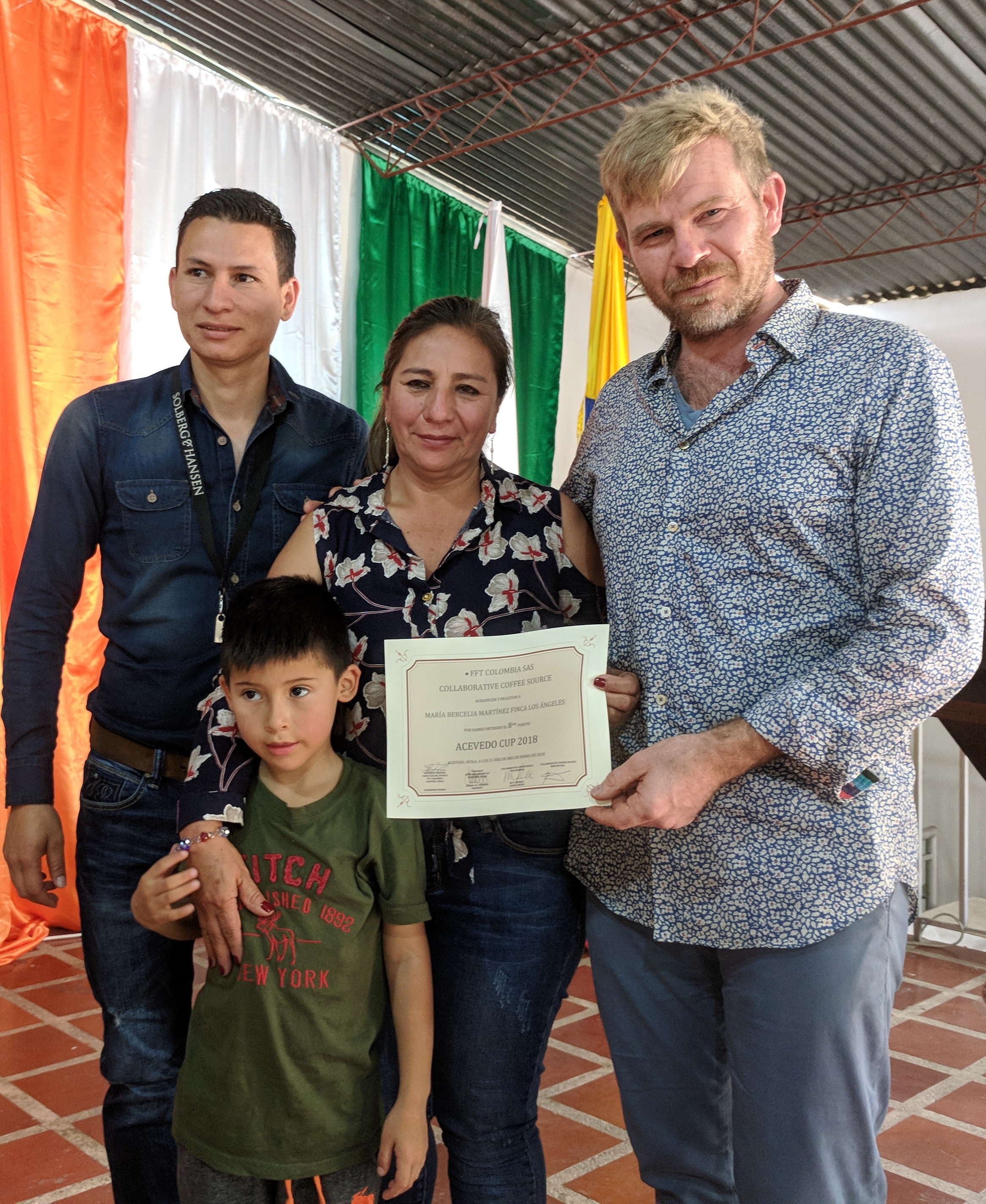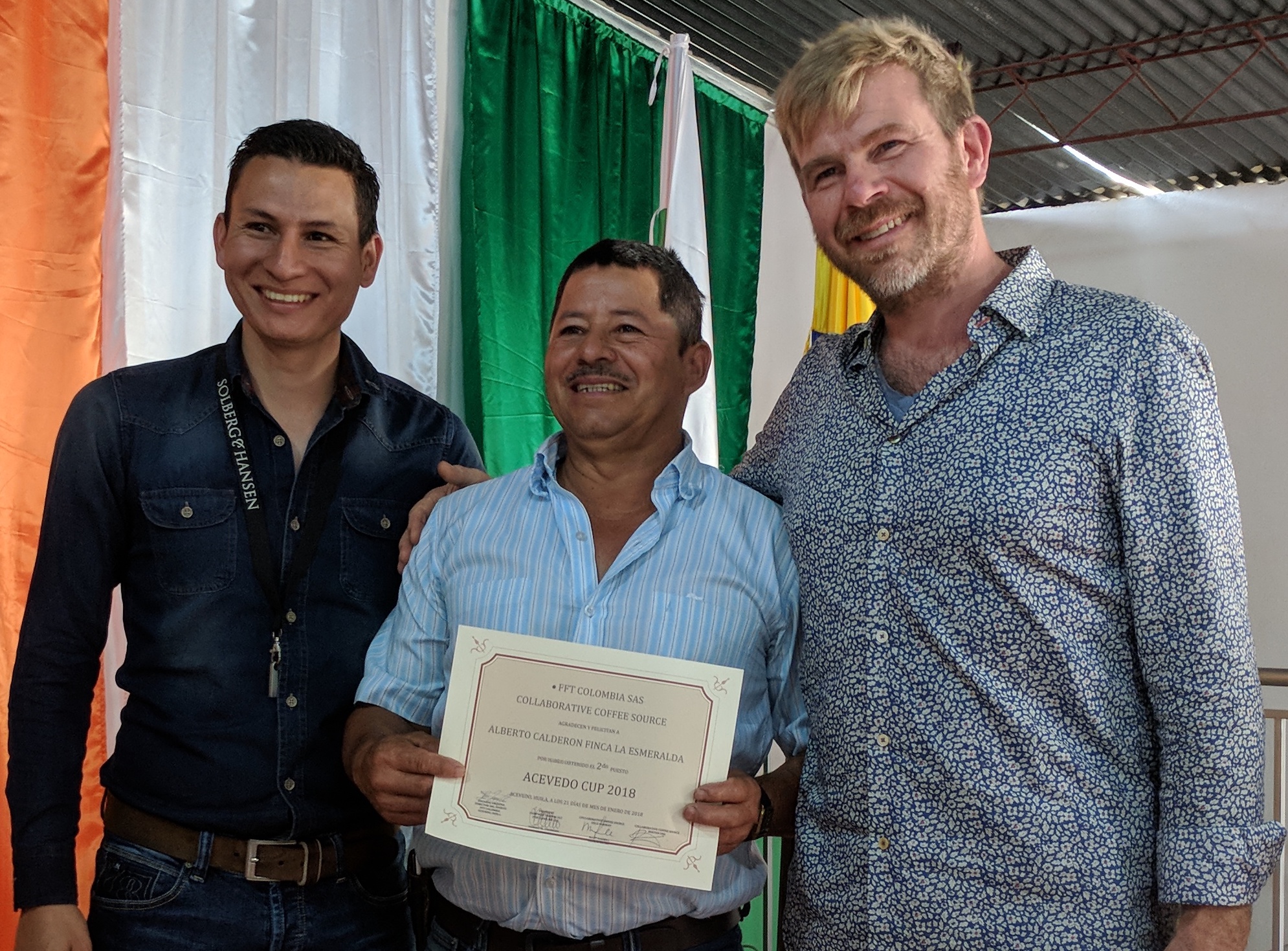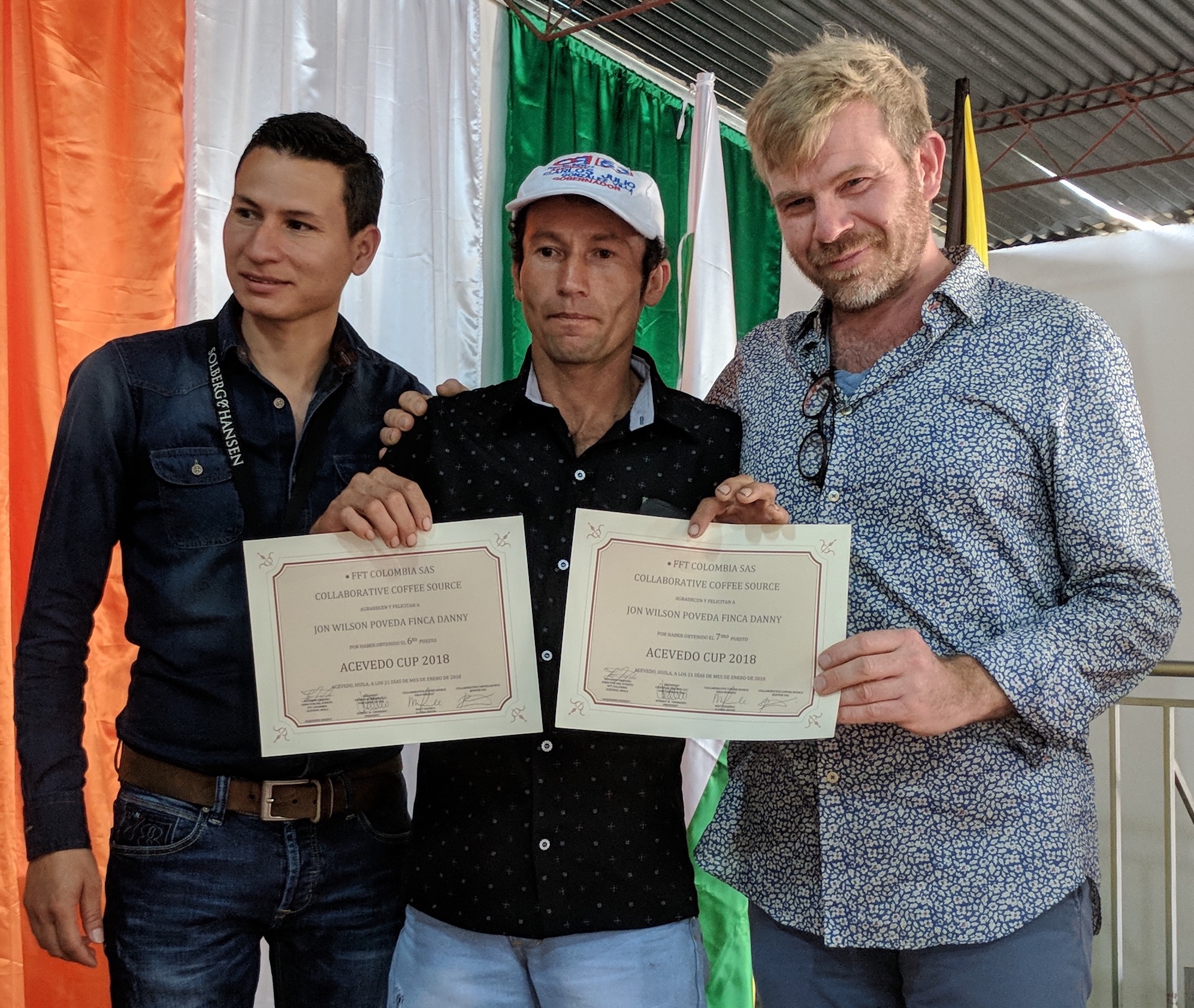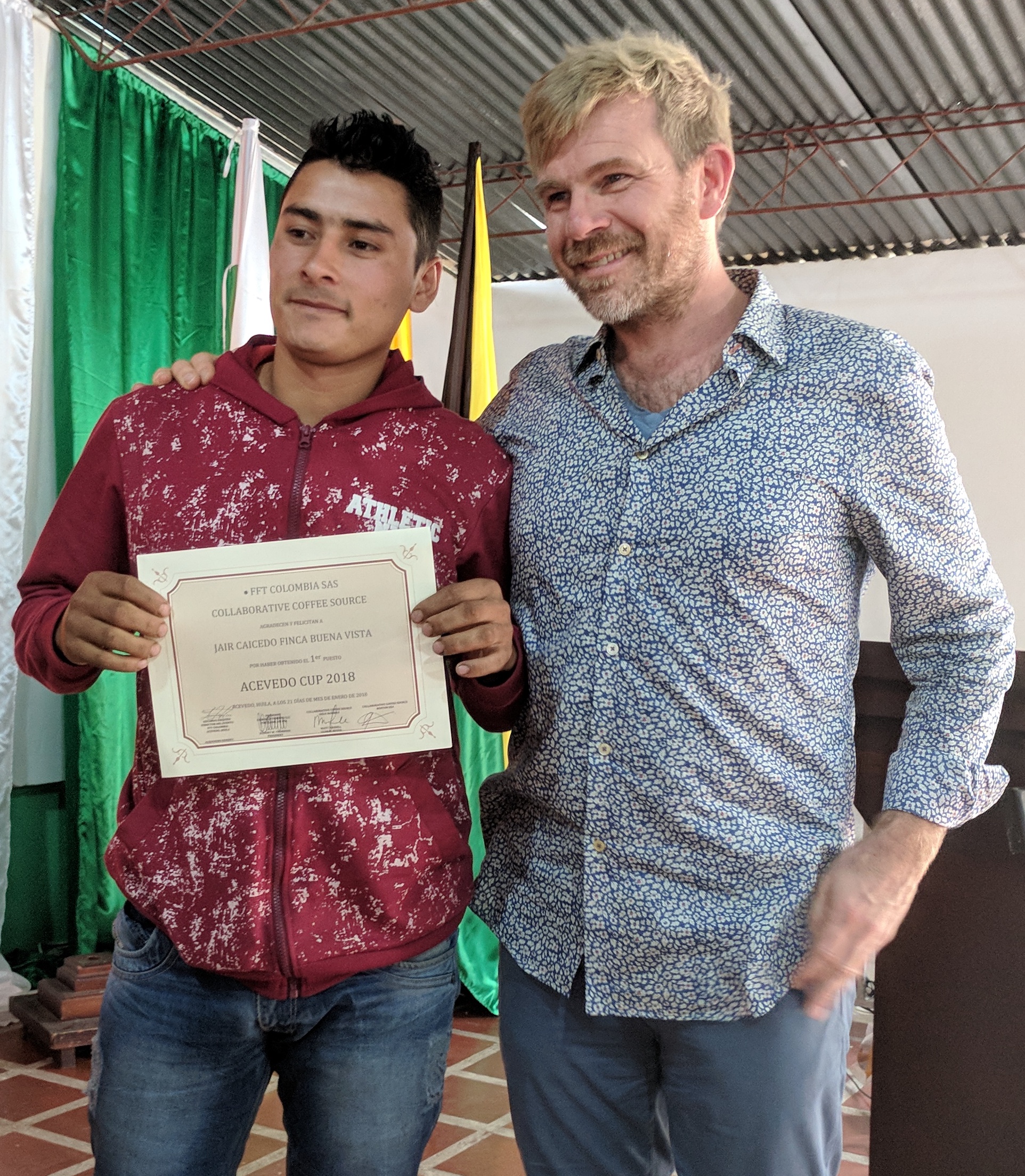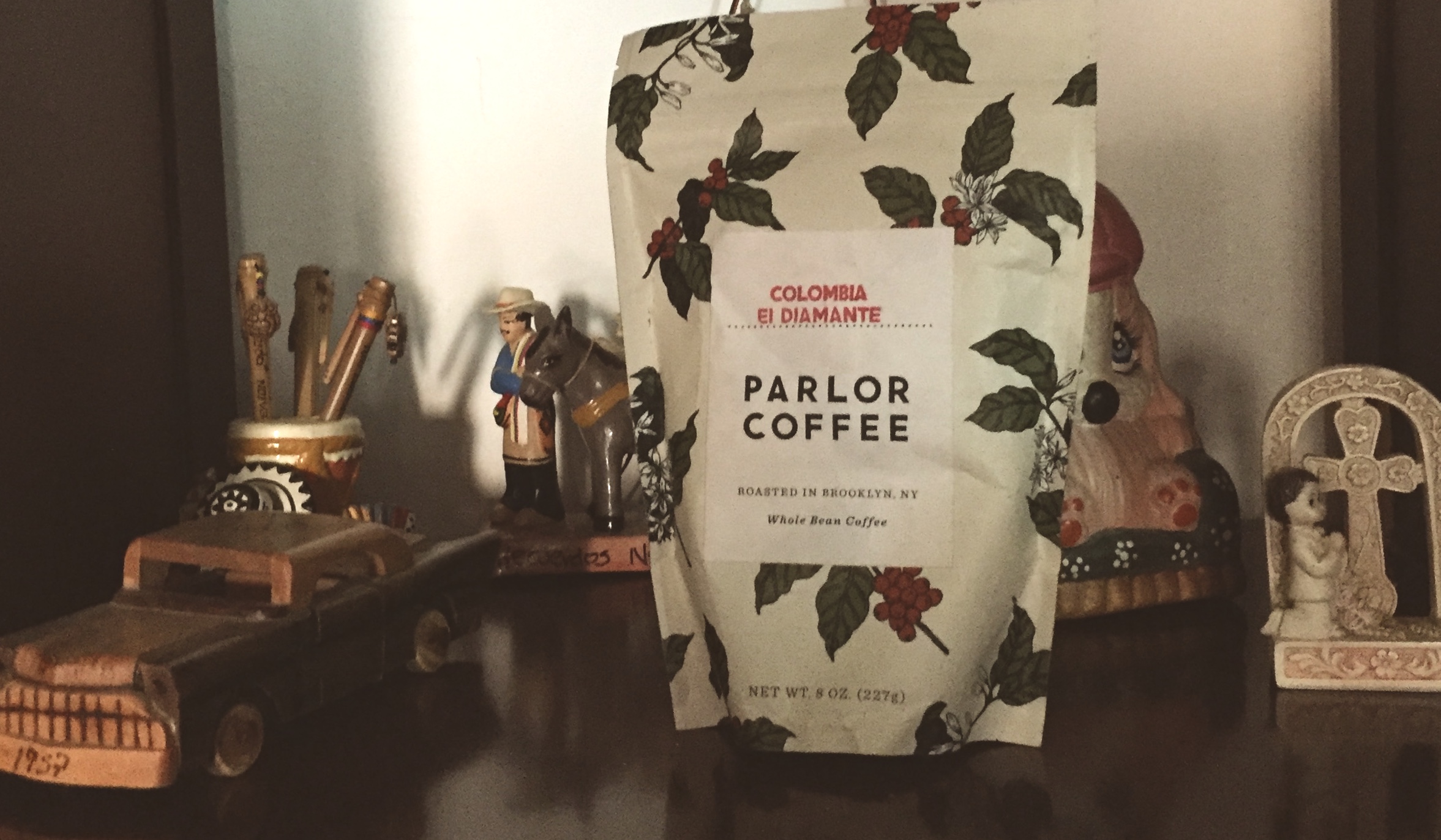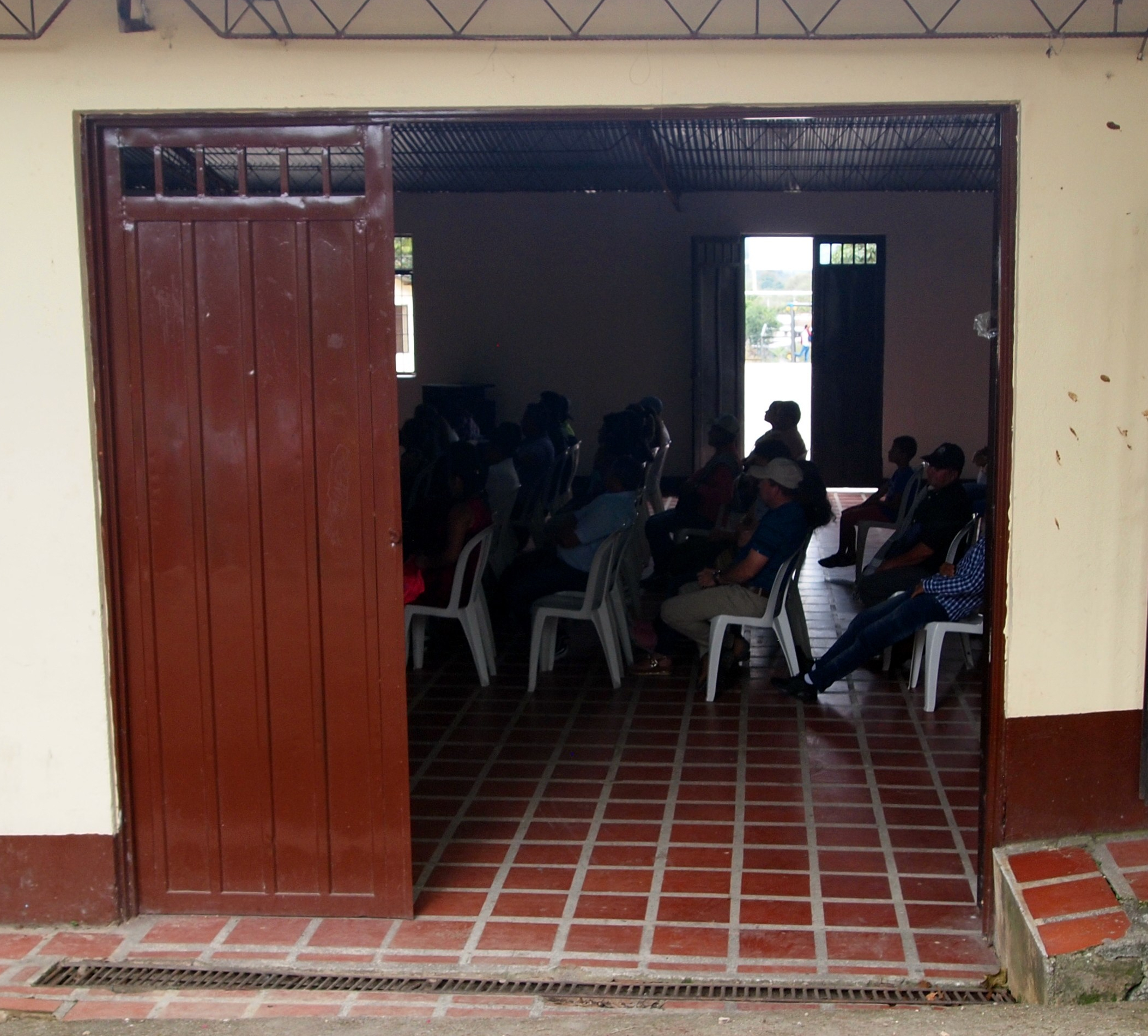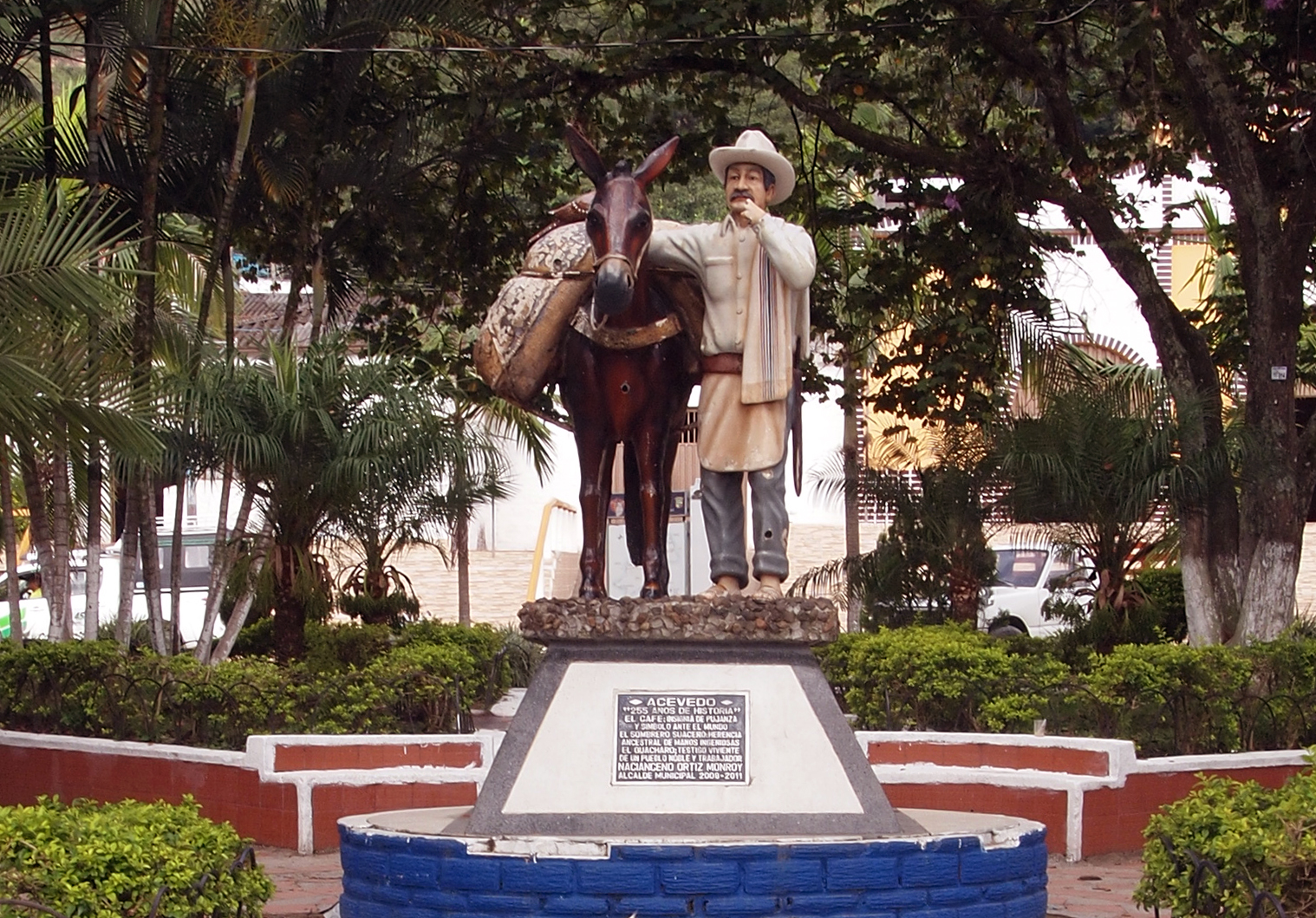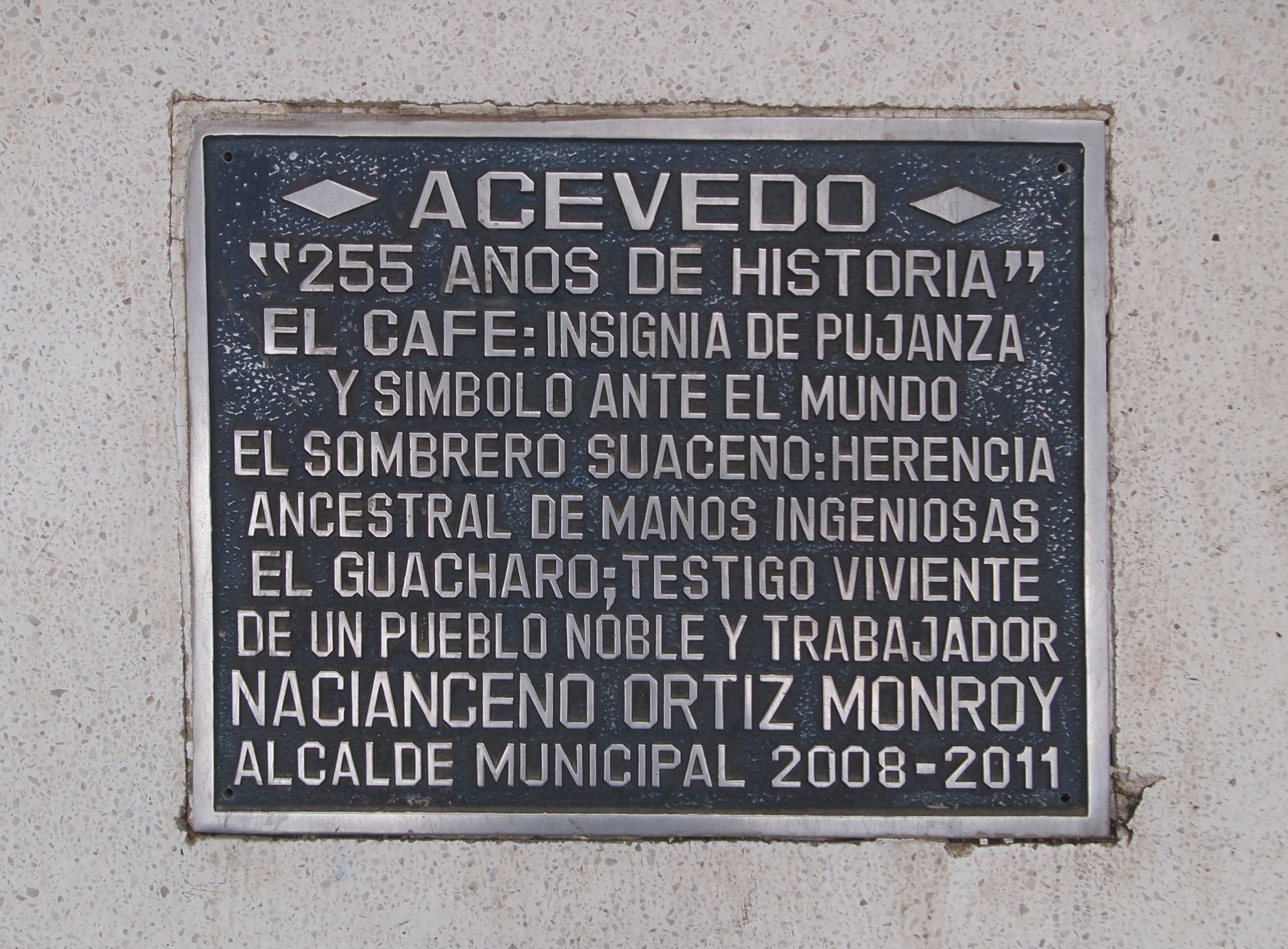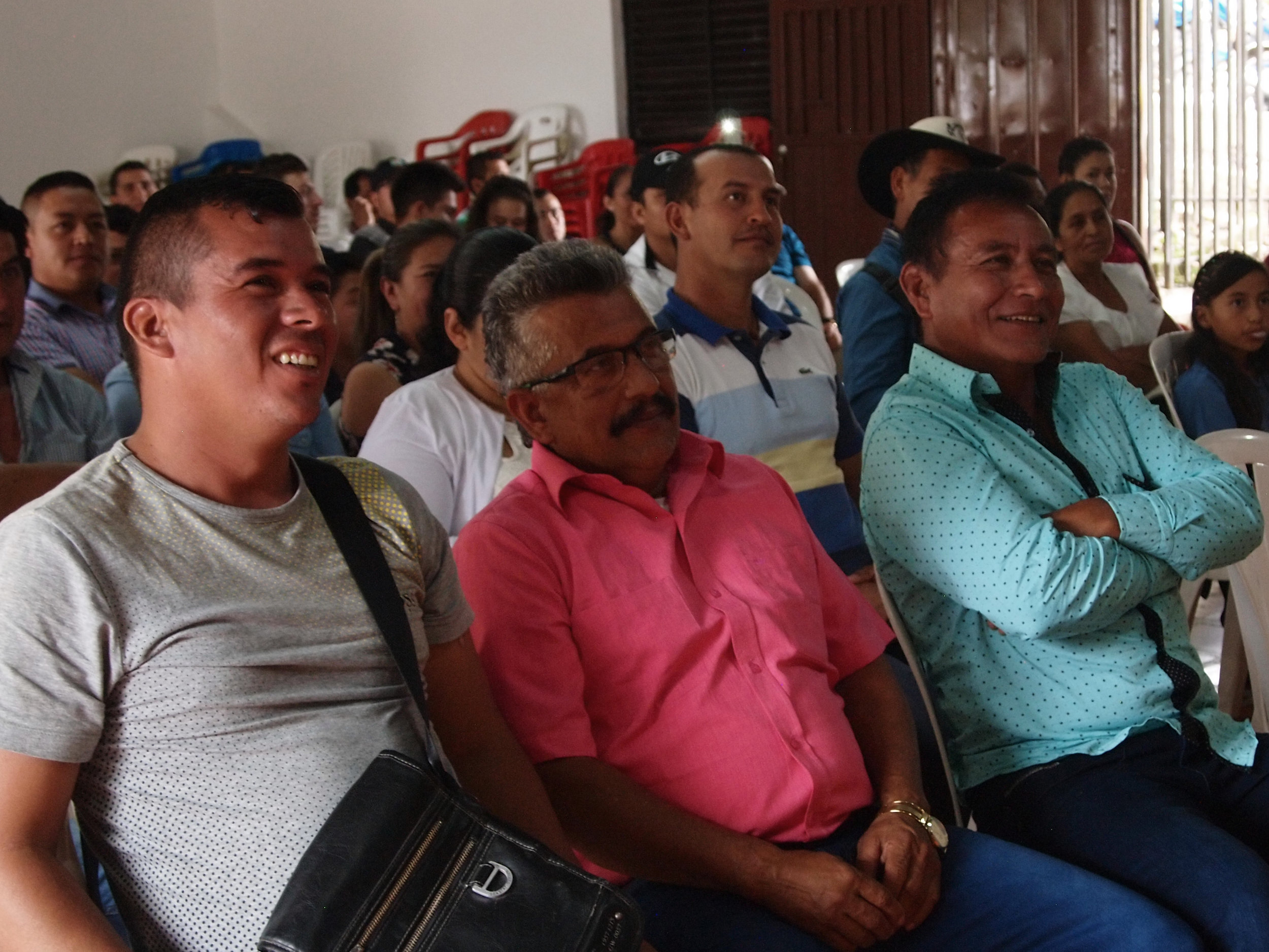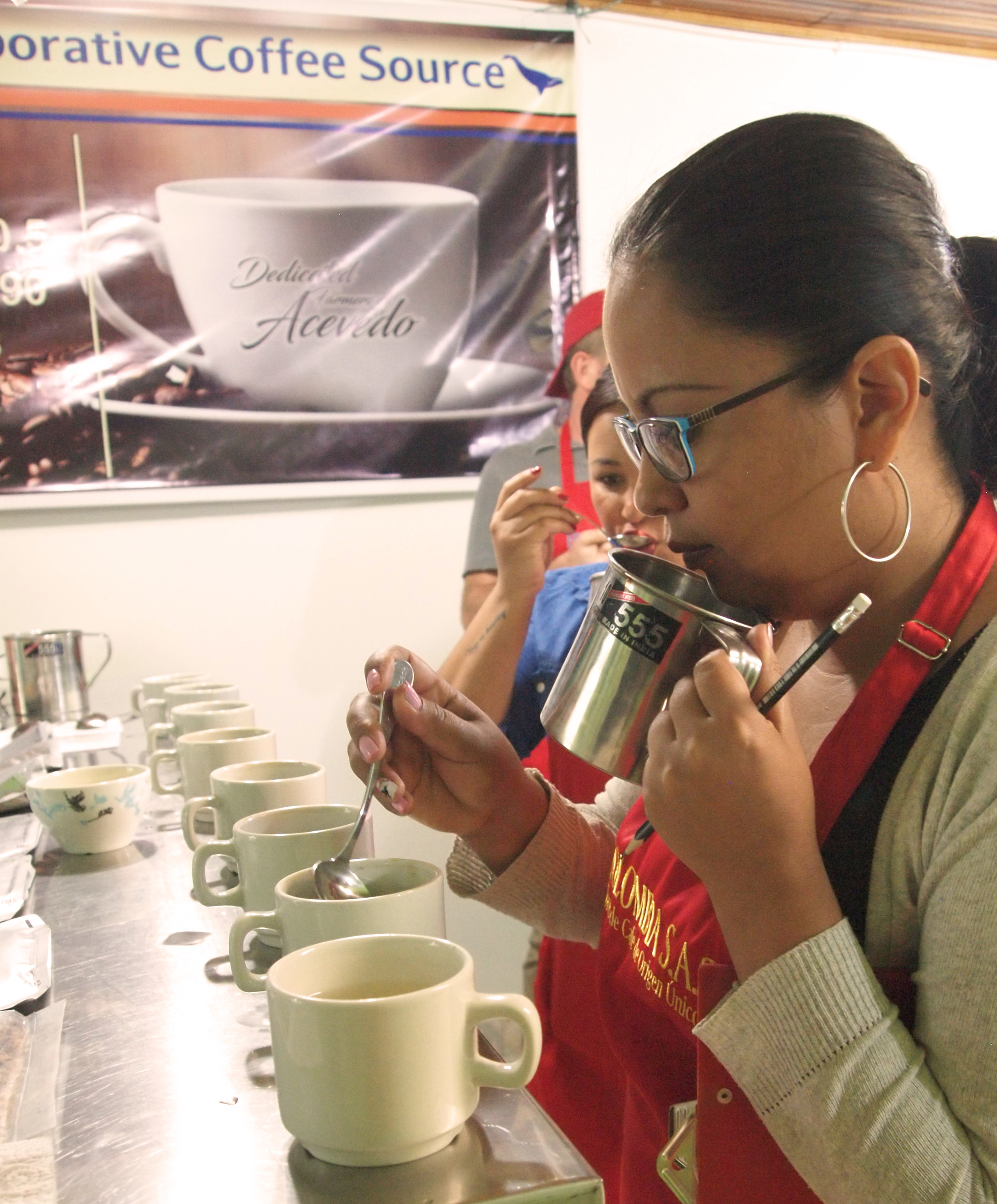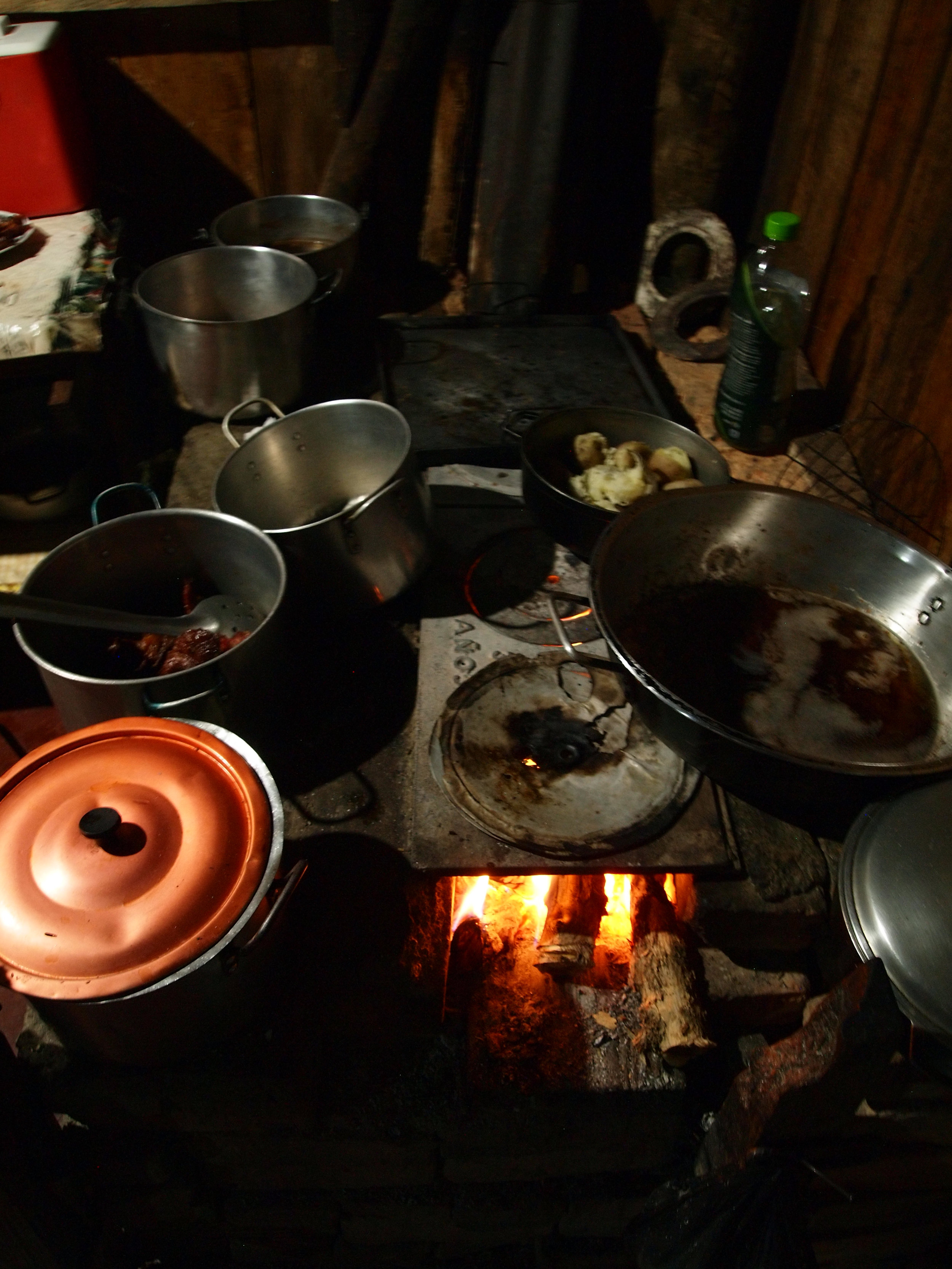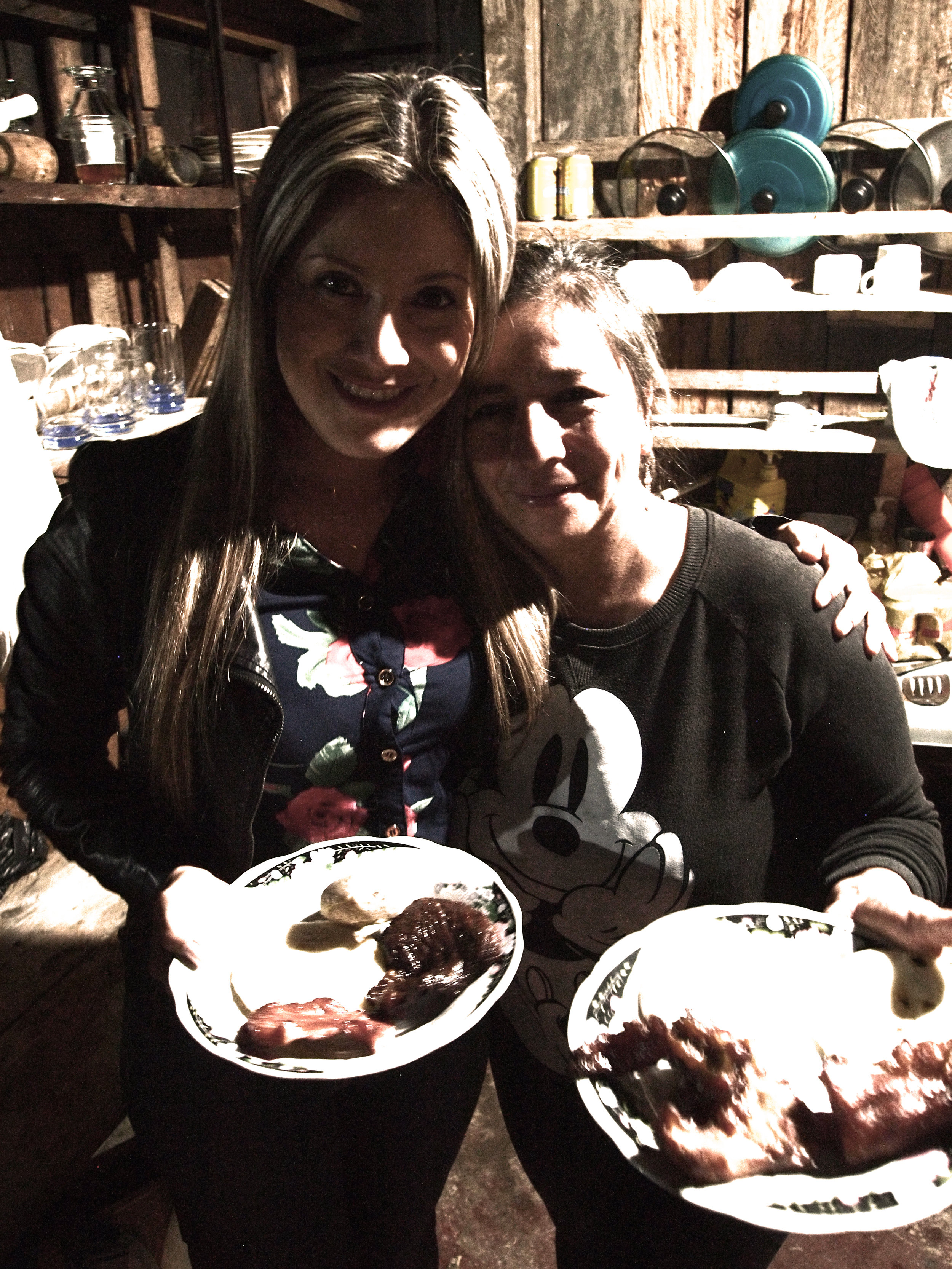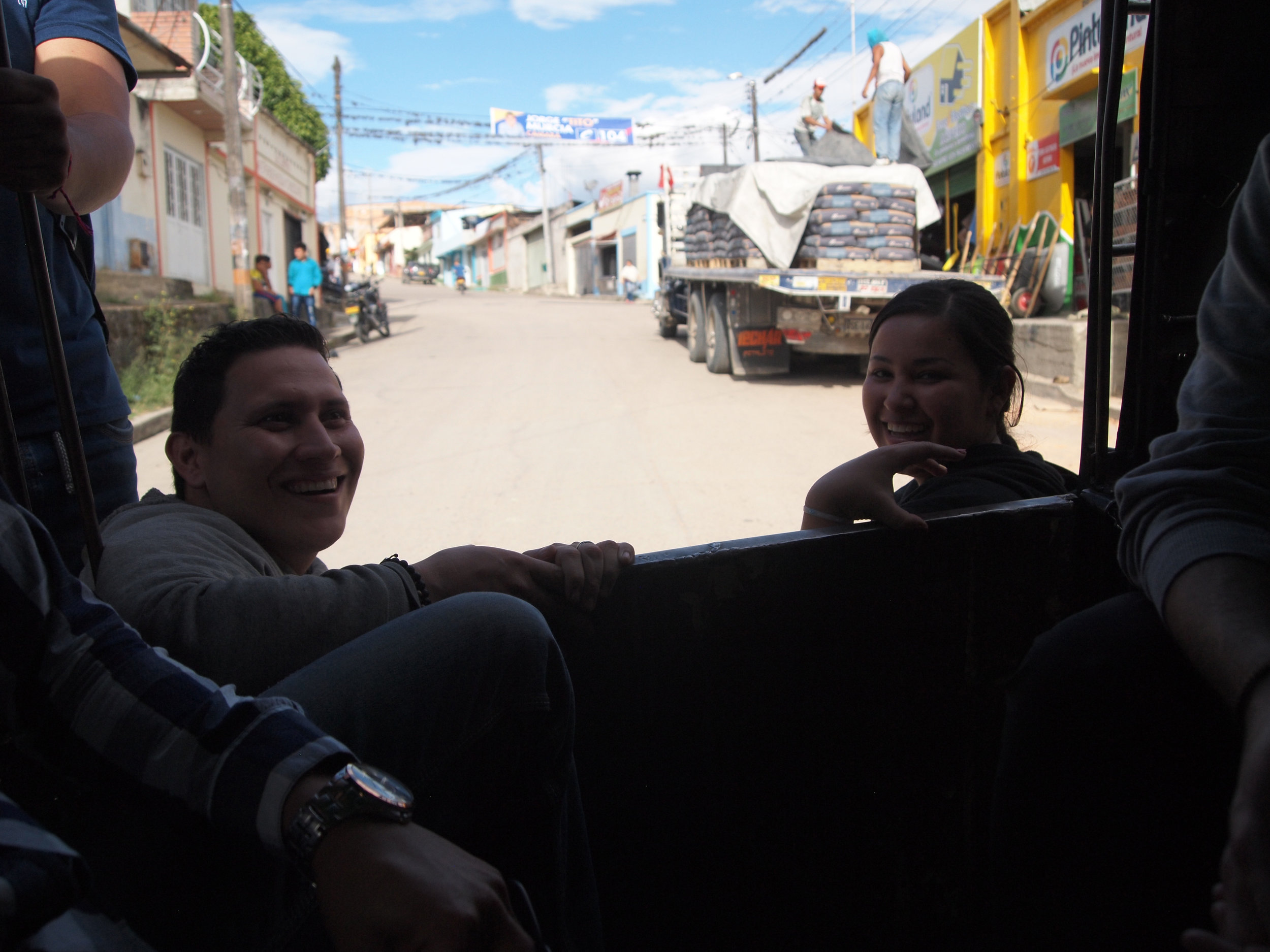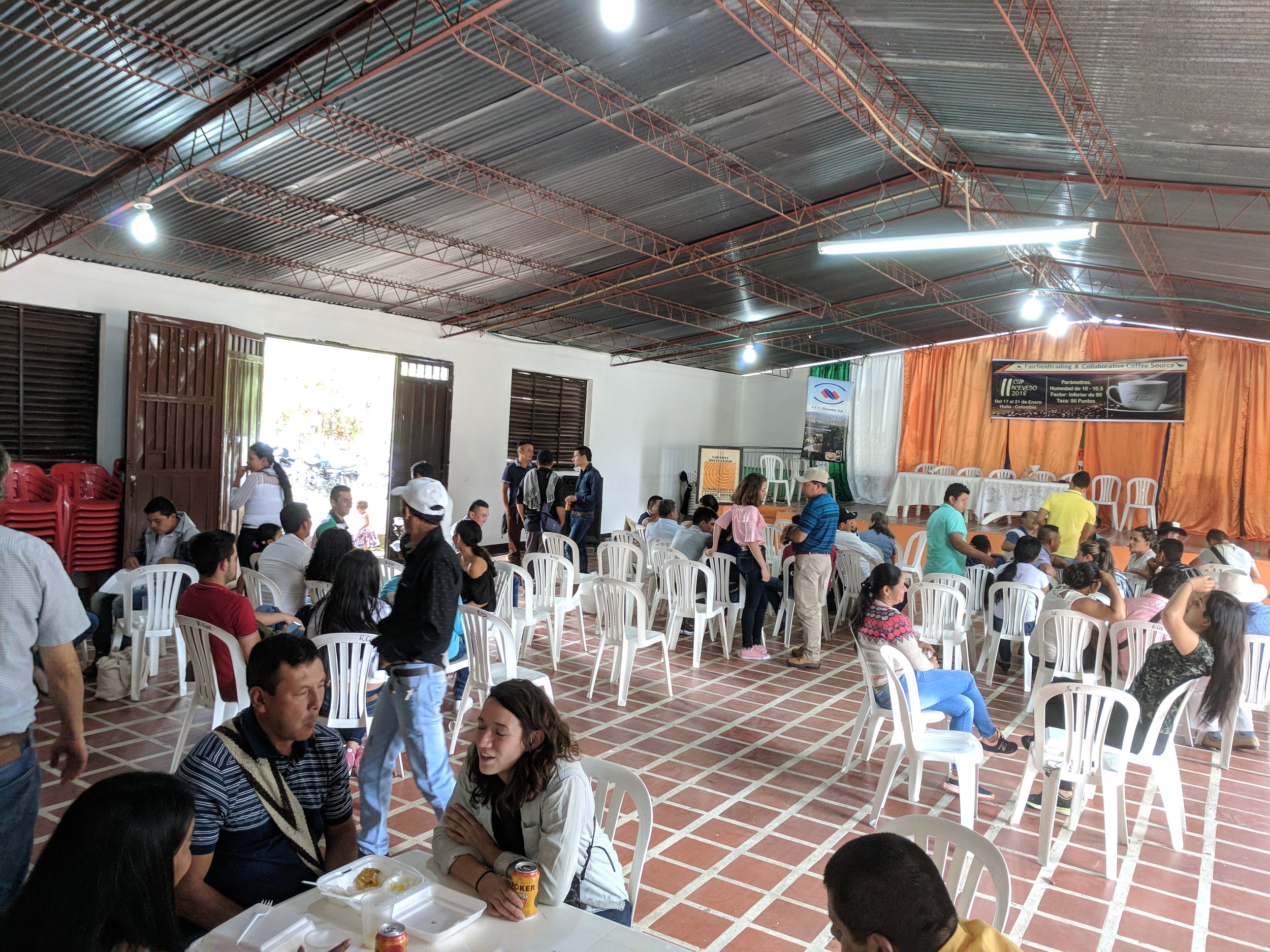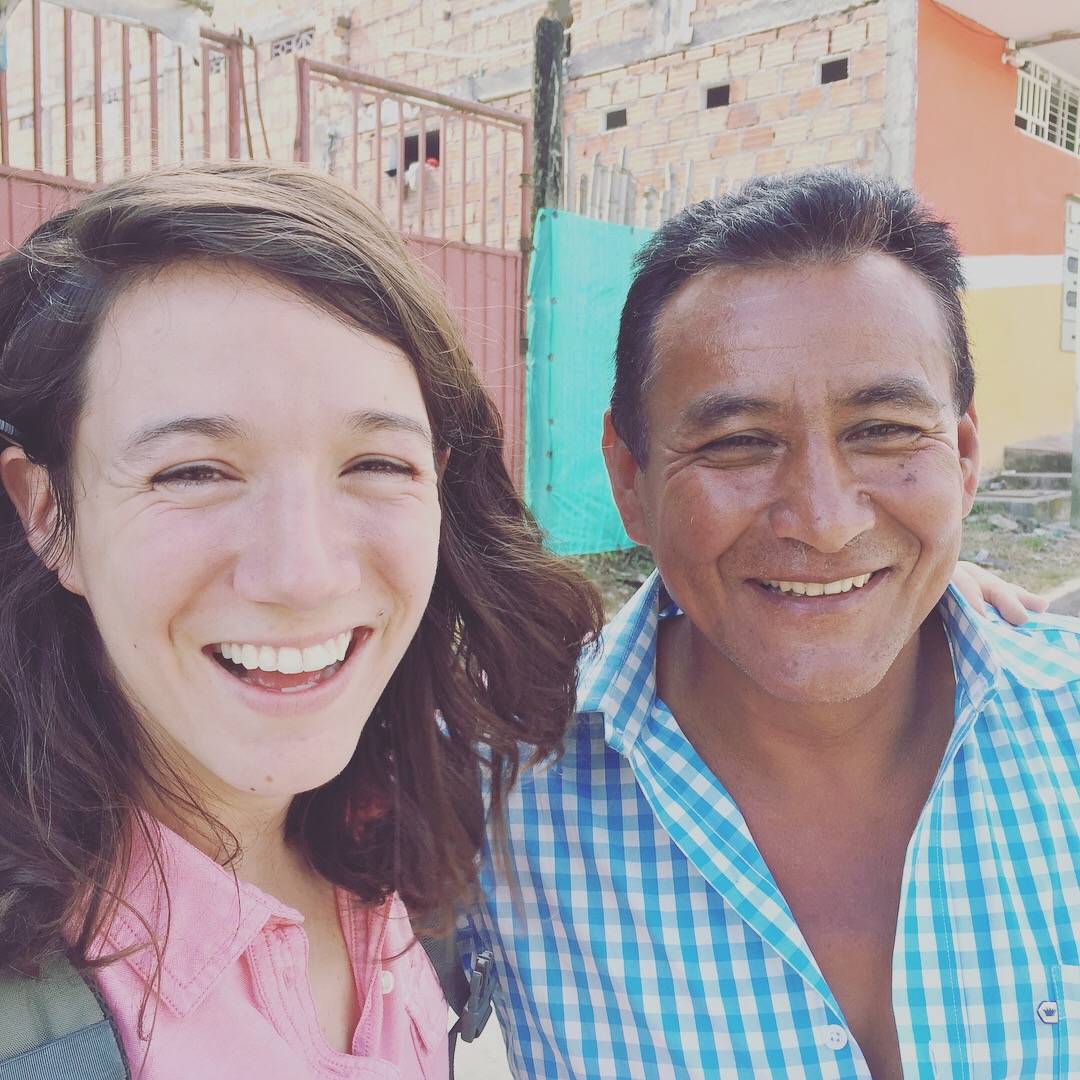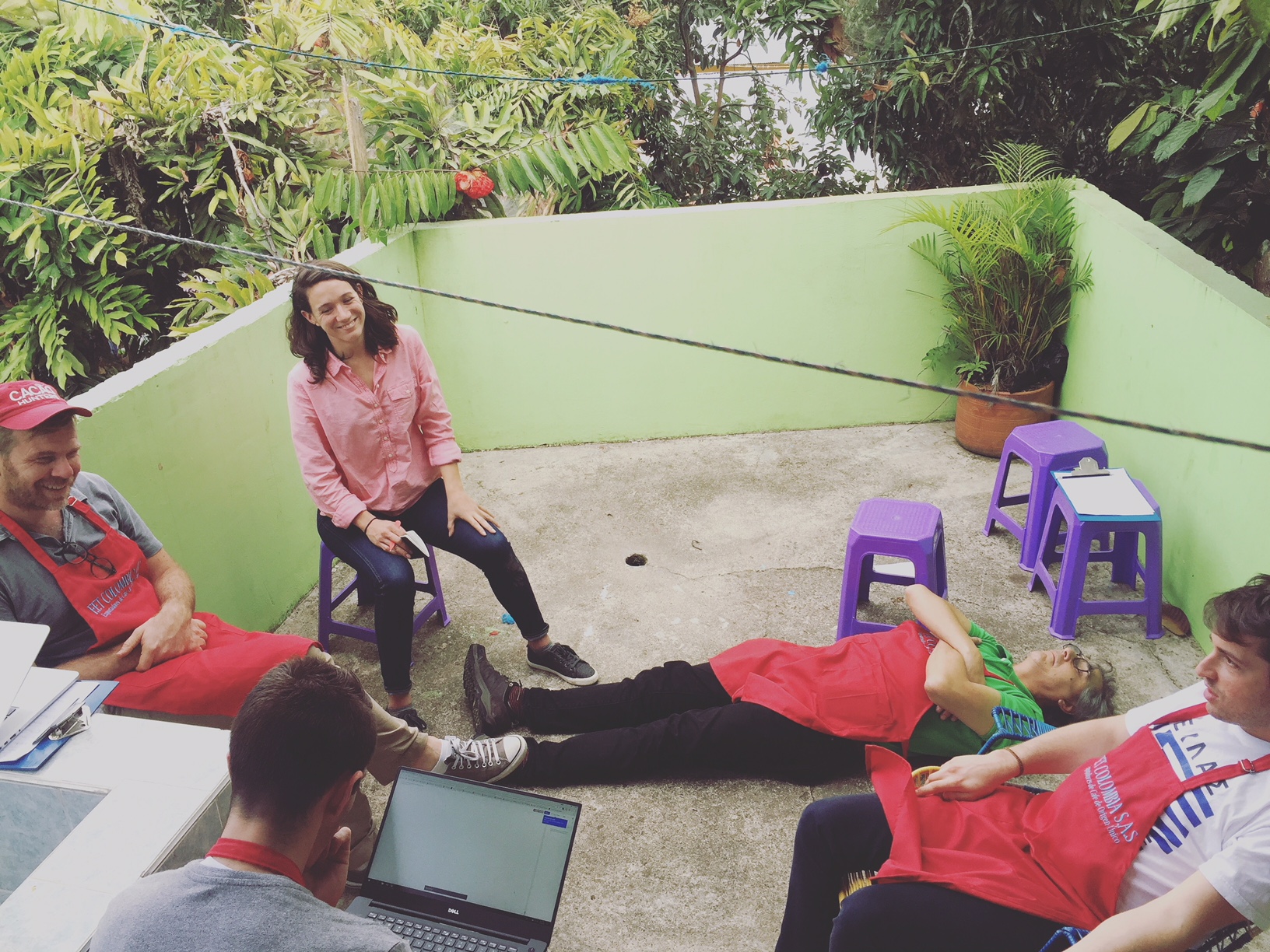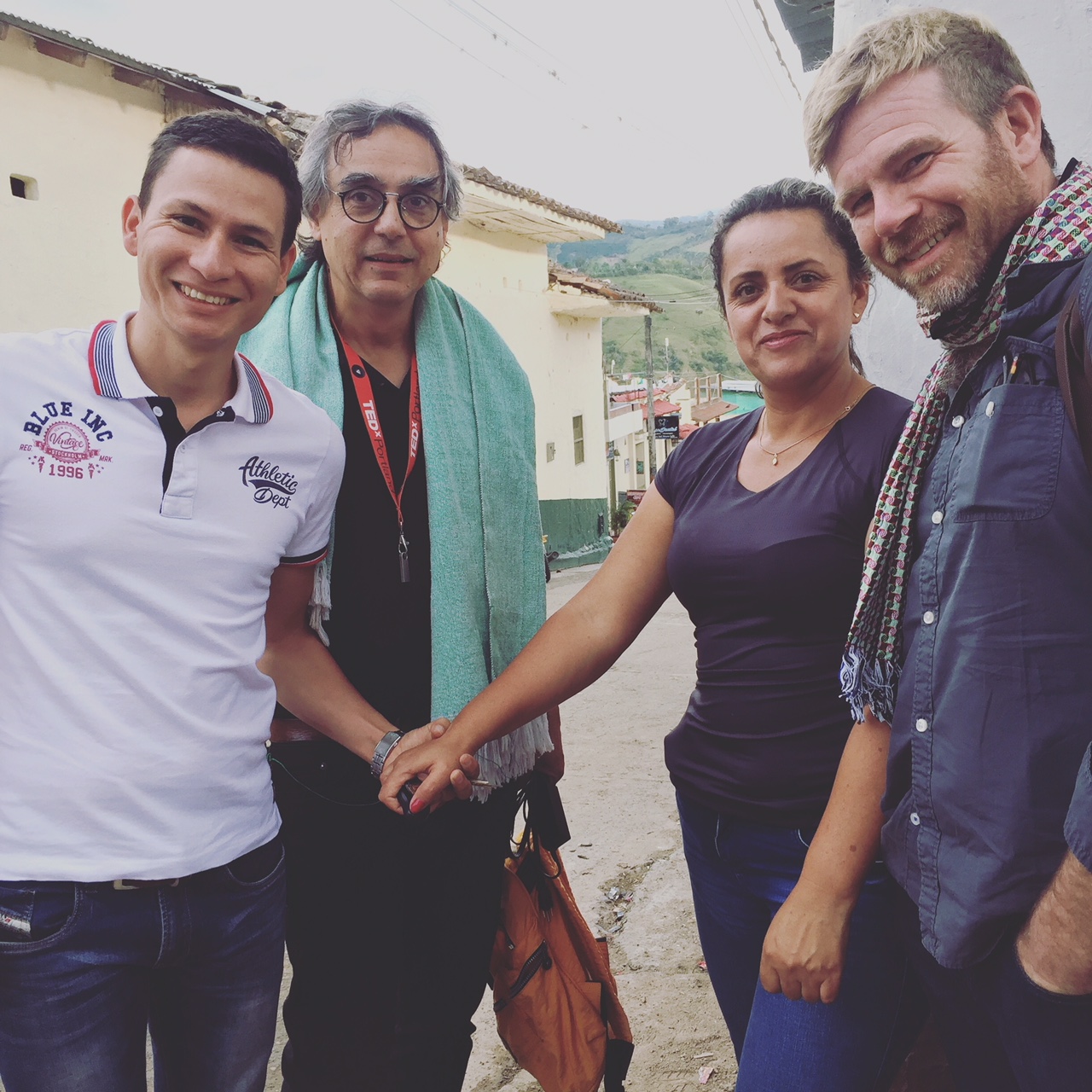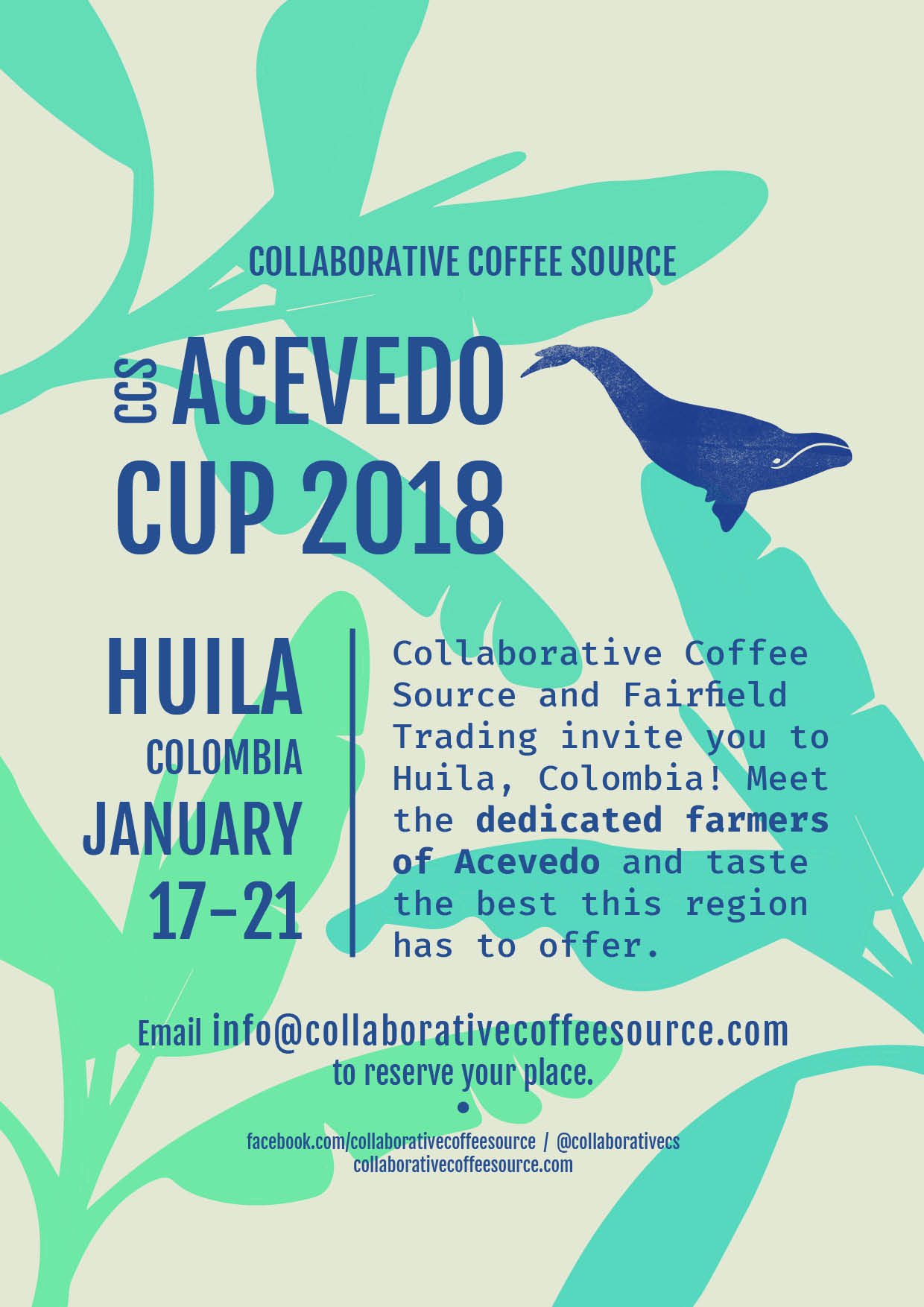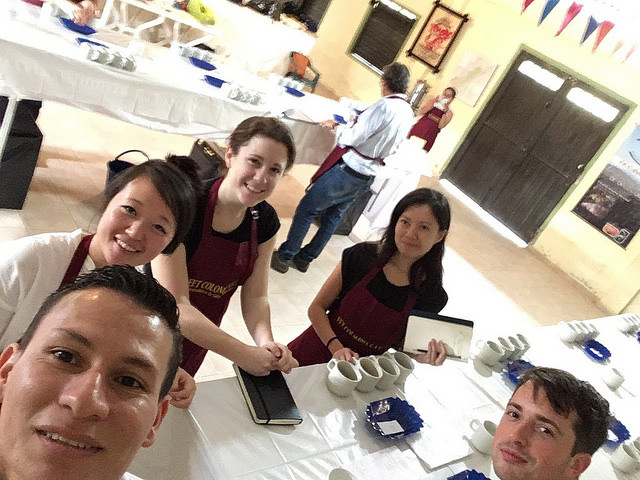Wednesday January 16 to Monday January 21st, 2019.
Join us in Huila, Colombia, for the third annual CCS Acevedo Cup, with our partners, Fairfield Trading.
The CCS Acevedo Cup is an annual quality competition that brings together the entire community of specialty producers in the micro-region of Acevedo. Five action-packed days of cupping and farm visits culminate in an awards ceremony with the entire community in attendance. The top twenty coffees are announced, along with the winners of the price premiums offered for each category.
CCS invites roasters, green coffee buyers and QC managers to join us in Acevedo, Huila, as judges of the CCS Acevedo Cup 2019.
Register to attend the CCS Acevedo Cup 2019
Why attend the CCS Acevedo Cup
The CCS Acevedo Cup is the perfect way to get to know an entire community of coffee producers in a condensed period of time. Through five intense days of cupping and farm visits, plus the awards ceremony which is a major event on producers’ calendars, roasters can cup and meet the producers behind scores of unique and delicious coffees. It is an opportunity to forge a long-term relationship with an individual producer, like Parlor Coffee in Brooklyn, NY, who are now exclusively buying the entire specialty grade production of producer Maria Bercelia Martinez.
This event is a fixture in the harvest in Acevedo, attracting hundreds of entries from the entire coffee growing community. The feedback provided by international judges is invaluable to producers, and placing in this competition is a great honor for any grower. As an international guest, you will be treated with great respect, and you will enjoy heartfelt hospitality from all of the producers and their families.
Price premiums per carga of parchment (125kg)
The price paid by Fairfield in recent months for coffee that passes their strict quality assessment was, on average, between 900,000 and 1,100,000 COP per carga. Prices that will be paid to the top twenty lots in the CCS Acevedo Cup 2019 are:
1st place - $2.200,000 COP
2nd place - $2,000,000 COP
3rd to 5th place - $1,800,000 COP
6th to 10th place - $1,500,000 COP
11th to 15th place - $1,300,000 COP
16th to 20th place - $1,200,000 COP
LOGISTICS
We will fly from Bogota to Pitalito early morning on Wednesday January 16th, and return to Bogota from Neiva in the evening of Monday January 21st. Judges must arrange their own international flights, and we will send you the details of the domestic flights. Ground transport and hotels in Huila will all be arranged by Fairfield Trading.
Each day we will cup in the morning, and visit producers in the afternoon.
We will cup three tables per day, 50 to 70 lots in total that have been screened and preselected by the well trained quality management team at Fairfield Trading. The last two days will be spent cupping and placing the top twenty coffees.
On Sunday the producers are invited to the award ceremony in Acevedo Town. The top twenty place getters are announced, followed by a Colombian-style celebration where you can meet the producers of these exceptional coffees.
Why Acevedo?
Acevedo is a municipality located in the south-easternmost corner of the Huila department of Colombia, wedged in the fork between the central and eastern cordilleras (mountain ranges) where the Colombian Andes split into three distinct mountain ranges (the western, central and eastern cordilleras). Just beyond the central and eastern cordillera convergence is jungle and thus, moist, cool air. This cool air simulates increased elevation, and creates many different microclimates with diverse humidity, temperature and rainfalls, leading to varying and ideal coffee-growing conditions.
The variety found in the cup profiles coming from Acevedo reflect its array of microclimates. Altitude ranges from 1200 to 1800 meters above sea level (masl) with many of the farms we buy from lying within the 1400 to 1800-meter range. Coffees produced at higher elevations are typically denser and are therefore appreciated more by specialty coffee professionals. An increase of elevation usually results in an increase in perceived acidity in the cup. This is potentially in part due to an increase in exposure to UV radiation, but mostly caused by the larger diurnal swings that happen at higher elevations. The cooler nights that occur at higher elevations lead to slower cherry maturation, which leads to sweeter, more complex cups.
Elsewhere in Colombia, altitudes of around 1400 masl can produce uninteresting, flat coffees. But Acevedo coffees are the exception to that rule. Whether they’re grown at the higher or lower part of the elevation range, they are incredibly sweet, complex and fruited cups. When you visit Acevedo, it is easy to understand why. Mornings and evenings are cool, even in Acevedo town which is only 1300 masl. Daily showers are extremely refreshing, or brutally cold, depending on your attitude, as hot water does not pour from taps in this part of Colombia. On many farms you can see literally watch the billowing, moist clouds roll in from the jungle to envelop the farms. This moist air makes drying the coffee difficult, so farmers use raised, covered beds, which adds to the fruited complexity of these beautiful lots.

